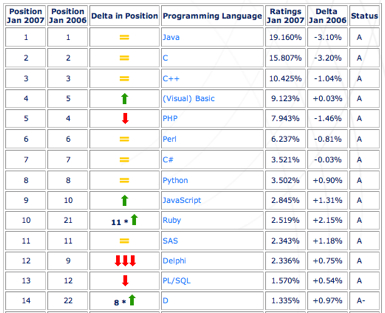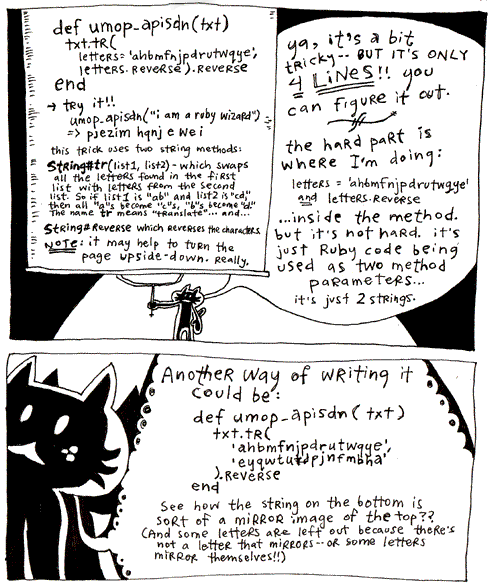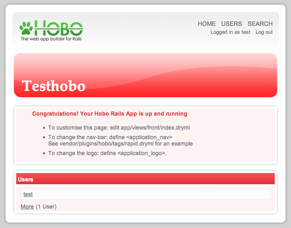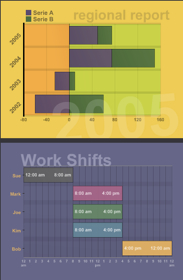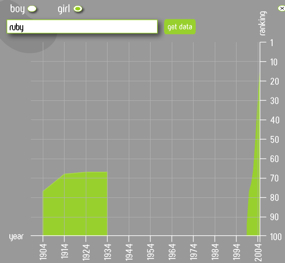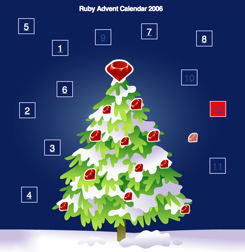Tattle is a project from Chad Fowler, Jim Weirich, and Bruce Williams that allows you to submit information that would be useful to the RubyGem developers and, ultimately, developers of other Ruby gems. You can see charts showing the data submitted so far here.
You install Tattle with a simple gem install tattle and then run the tattle program provided. A few non-personal details are retrieved about your Ruby setup (you can preview the information that is sent with tattle report) and then sent to the Tattle team. This information will enable developers to improve the behavior and support of their gems, as well as RubyGems itself, across multiple platforms and architectures. Read More

